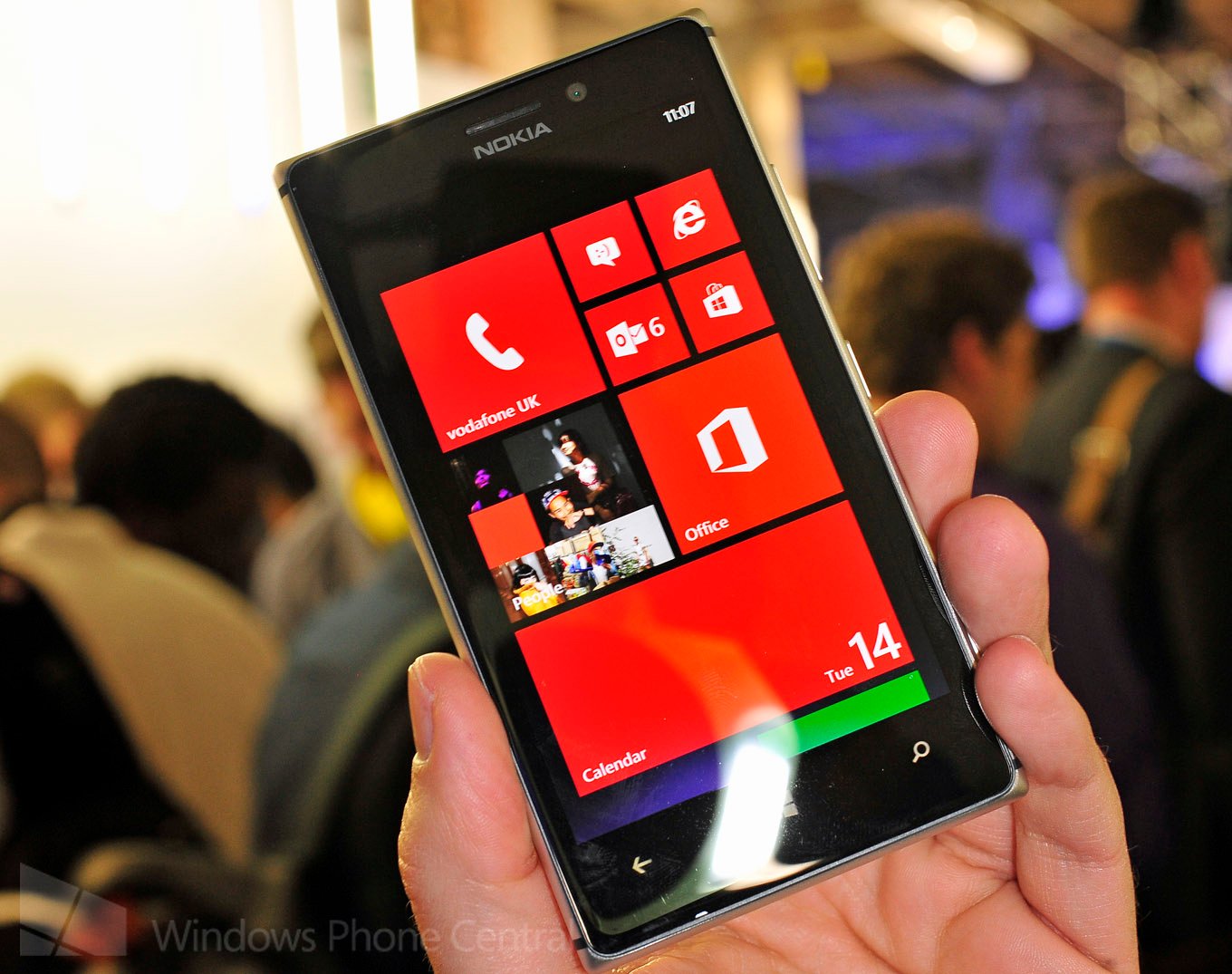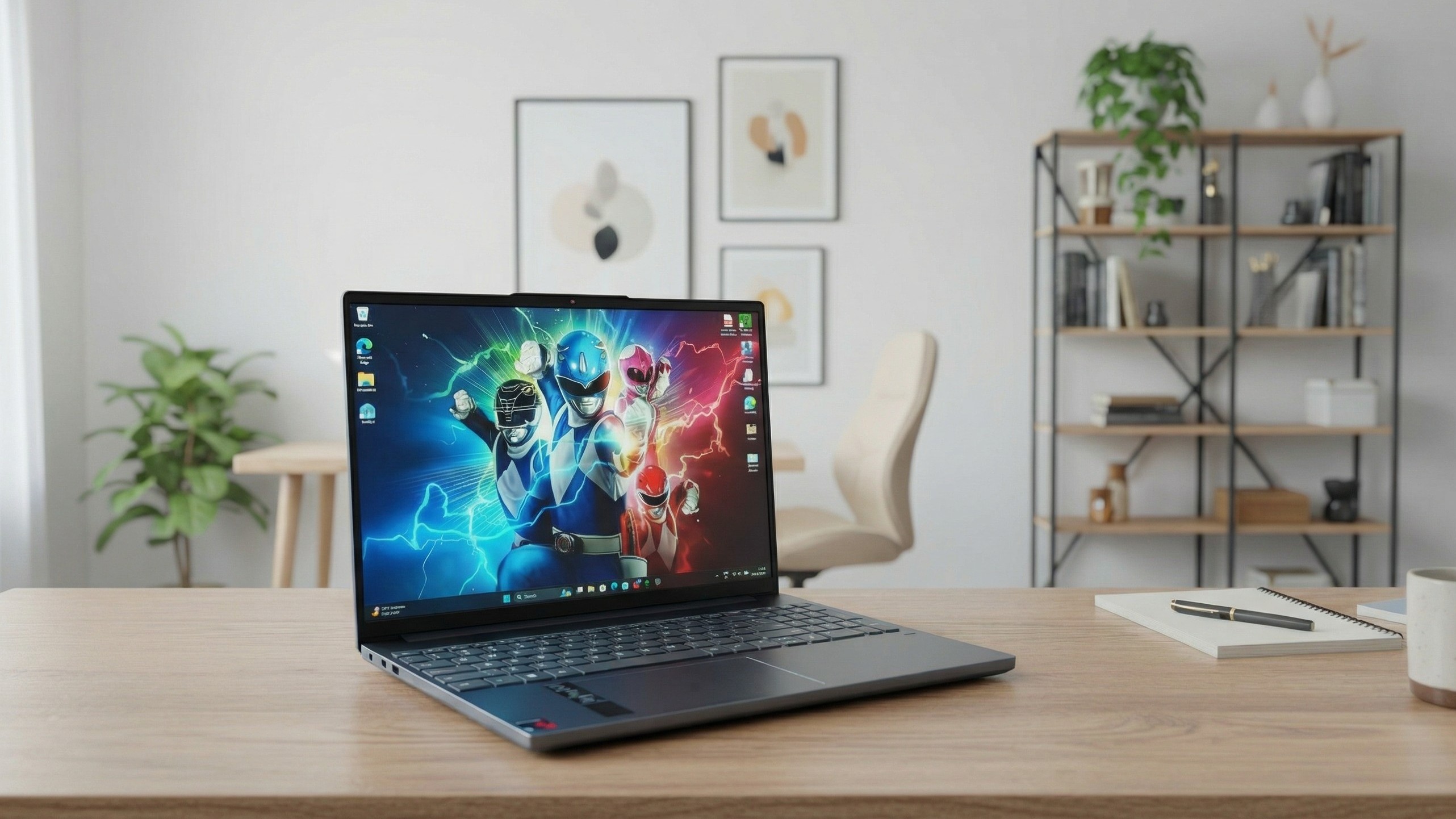Nokia and Bristol University working on bringing quantum cryptography to the smartphone

All the latest news, reviews, and guides for Windows and Xbox diehards.
You are now subscribed
Your newsletter sign-up was successful
Nokia has joined forces with the University of Bristol in the UK to develop the first practical way of processing quantum cryptography on a mobile phone. What does this mean with a mini jargon buster? It would essentially enable you to send encrypted messages or data in secrecy. Currently utilised by banks and other organisations who can afford such expensive technology, the work carried out by Bristol University and Nokia could integrate simple client electronics on a single chip - perfect for a mobile phone.
Quantum Key Distribution (QKD) is a popular technique already being used commercially. The key is exchanged with knowledge that it will not have been read by an eavesdropper, simply because the key is transmitted in terms of quantum bits (qubits), which if intercepted and read are altered, revealing that someone has rather naughty. Nokia and the university have worked hard to get all this functionality on a single chip with inexpensive components.
The system developed by the teams at Nokia's Research Centre in Cambridge, UK uses a variant of QKD called reference frame independent QKD (rfiQKD), which was developed by Anthony Laing and several other team members. This will bring QKD one step closer to the average consumer and smartphones.
Instead of measuring the properties of photon qubits relative to a fixed reference frame, rfiQKD allows for some alterations (or twists), even if the relative motion is unknown. The technique works by computing a specific combination of observables where the effect of the twisting angle cancels itself out. When it falls between a certain threshold, alerts go off detecting an eavesdropper.
"First, the server creates a very weak pulse of light that is sent to the client using an optical fibre. The client takes the weak pulse and passes it through an attenuator, which outputs a single photon. The client then sets the polarization of the photon and sends it back to the server via the optical fibre. The server then measures the polarization of the photon. Then, the client and server compare their measurements using a conventional link, which allows them to extract both the cryptography key and the purity of the link."
Fear not if this is all going over your head. The technology will enable you to use quantum cryptography to protect personal information, passwords and other details that are sent to and from mobile phones. The technology has been patented by Bristol's CQP (Centre for Quantum Photonics) and Nokia. It'll be interesting to see how this technology develops and when we'll be seeing it implemented in smartphones. Head on over to Physicsworld for more details.
Source: physicsworld; thanks, Nishy, for the tip!
All the latest news, reviews, and guides for Windows and Xbox diehards.

Rich Edmonds was formerly a Senior Editor of PC hardware at Windows Central, covering everything related to PC components and NAS. He's been involved in technology for more than a decade and knows a thing or two about the magic inside a PC chassis. You can follow him on Twitter at @RichEdmonds.
